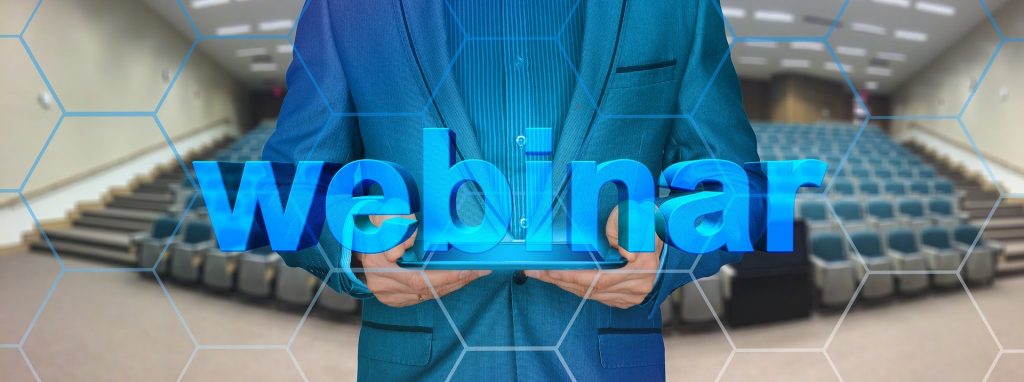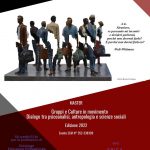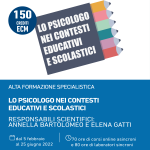PROGRAM
- 9:30 – 9:45 Introductory remarks by a representative of the European Union
- 9:45 – 10.00 Introductory remarks – Paola Sacchi (Unit for Mental Health, Drug Dependence, Disability and Prison Health Care, Directorate General for Welfare, Lombardy Region)
- 10.00 – 10.20 The EU-VIORMED Project and forensic psychiatry in Europe: results of the case-control study – Giovanni de Girolamo (IRCCS Istituto Centro San Giovanni di Dio Fatebenefratelli, Brescia, Italy)
- 10.20 – 10.40 Results of the cohort prospective study – Marco Picchioni & Rebecca Ruiz (Department of Forensic and Neurodevelopmental Science, Institute of Psychiatry, Psychology and Neuroscience, King’s College London, UK)
- 10.40 – 11.00 Risk assessments’ tools: are they needed? – Harry Kennedy (Executive Clinical Director National Forensic Mental Health Service Central Mental Hospital Dublin 14 Ireland Clinical Professor of Forensic Psychiatry, Trinity College Dublin, The University of Dublin)
- 11:00 -11:20 In forensic psychiatry are the needs of patients with schizoprenia met? The results of CAN and CANFOR analyses – Raimund Oberndorfer (Clinical Division of Social Psychiatry, Medical University of Vienna, Vienna, Austria)
- 11:20 – 11:40 Capacity to consent to treatment of forensic patients in five European countries: a study with the Mac Arthur Competence Assessment Tool – Heiner Fangerau (Department of the History, Philosophy and Ethics of Medicine, Medical Faculty, Heinrich-Heine University of Düsseldorf, Germany)
- 11:40 – 12:00 Forensic psychiatric service organisation – Birgit Völlm (Department of Forensic Psychiatry, University Rostock, Germany)
- 12:00-12:20 Architecture and Functioning of Forensic Services: a 26-country survey in Europe – Giovanni de Girolamo (IRCCS Istituto Centro San Giovanni di Dio Fatebenefratelli, Brescia, Italy)
- 12:20 -12:40 Pharmacological and non-pharmacological interventions for forensic patients: results of two systematic reviews (WP5) – Johannes Wancata (Clinical Division of Social Psychiatry, Medical University of Vienna, Vienna, Austria
- 12:40-13:00 General discussion
- 13.00-14.00 Lunch break
- 14:00- 14:20 Cognition and social cognition in the EU-VIORMED sample – Laura Iozzino (IRCCS Istituto Centro San Giovanni di Dio Fatebenefratelli, Brescia, Italy)
- 14.20:14:40 Factors associated with different Length of Stay in EU-VIORMED – Paweł Gosek, Inga Markiewicz, Janusz Heitzman (Department of Forensic Psychiatry, Institute of Psychiatry and Neurology, Warsaw, Poland)
- 14:40 -15:00 EU-VIORMED best Practice – John Saunders (Executive Director, European Federation of Associations of Families of People with Mental Illness)
- 15:00 -15.30 General discussion and closing remarks – Giuseppe Carrà (Department of Medicine and Surgery, University of Milano Bicocca, Milan, Italy)
- 15:30 End of the meeting
ECM / EACCME CREDITS
The event releases 7,5 ECM credits for all figures of the Italian national health system.
To obtain ECM credits, participation in the course without hours of absence is mandatory.
“Accreditation to the European Accreditation Council for Continuing Medical Education (EACCME) has been requested to obtain CME credits for all participants”.






